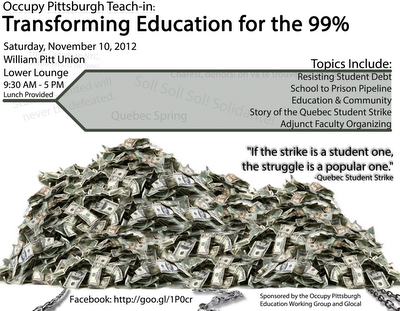Admission is free for this
presentation and discussion with Professor Paul LeBlanc
Thursday, January 17 - 7:30 p.m. Friends Meeting House
Friends Meeting House4836 Ellsworth Avenue
(in Oakland, 5 minutes from the Pitt campus)
But wait - there's more...
Join our reading group
and class series for
THE COMMUNIST MANIFESTO
Karl Marx and Frederick Engels
We'll use
THE COMMUNIST MANIFESTO,
A Road Map to History's Most Important Political Document
Edited by Phil Gasper ($12)
It includes the full text of the Manifesto, commentaries, annotations, and additional works by Marx and Engels
Tuesday, January 22, 7:30 pm – Preamble and Part 1 (pages 37-57)
Tuesday, January 29, 7:30 pm – Part 2 (pages 58-71)
Tuesday, February, 5, 7:30 pm – Part 4, plus Afterword “Is the Manifesto
Still Relevant?”
(pages 87-115)
(pages 87-115)
Location: Thomas Merton Center,
5129 Penn Avenue








